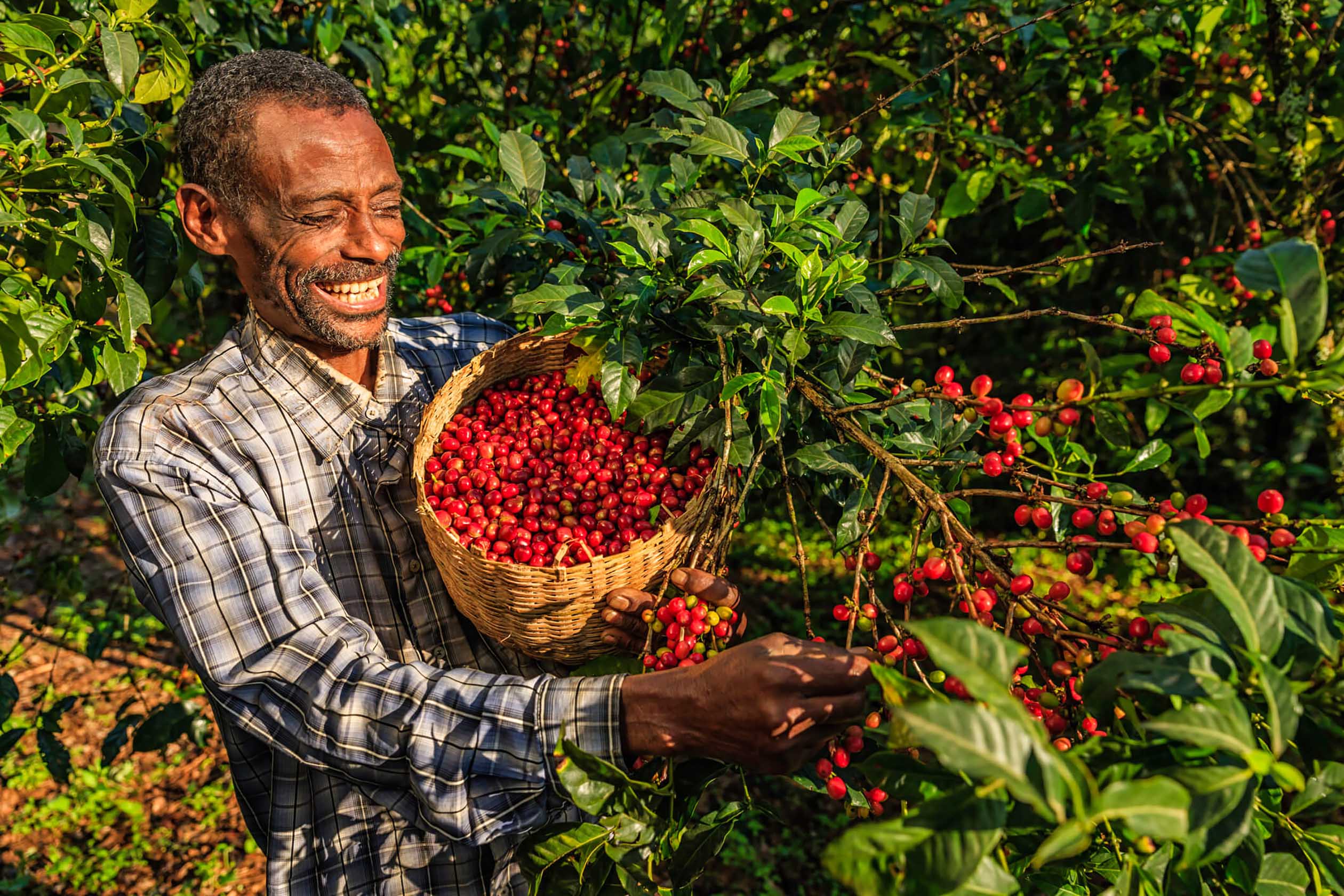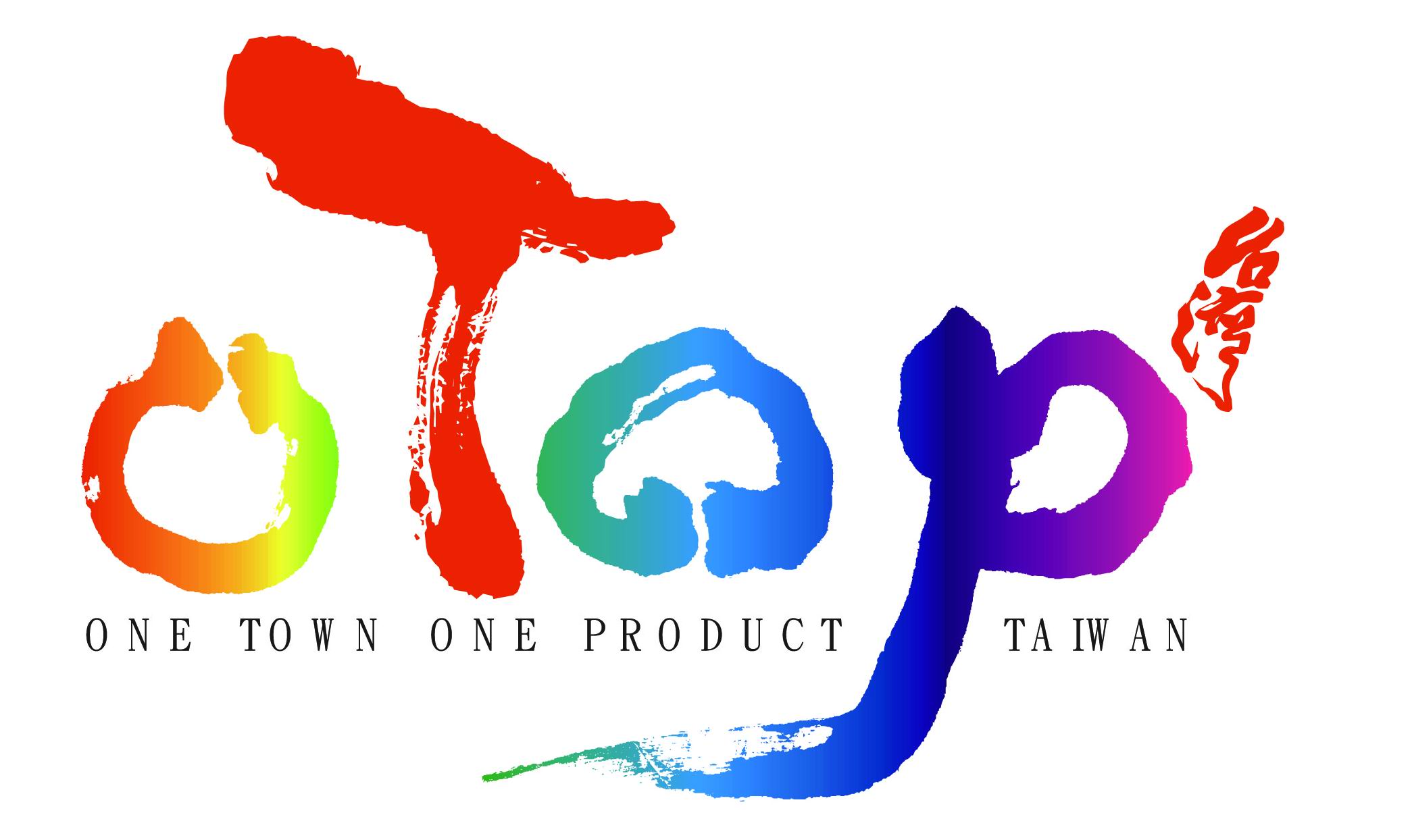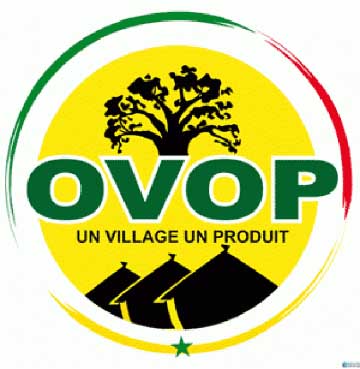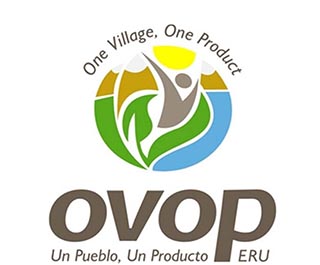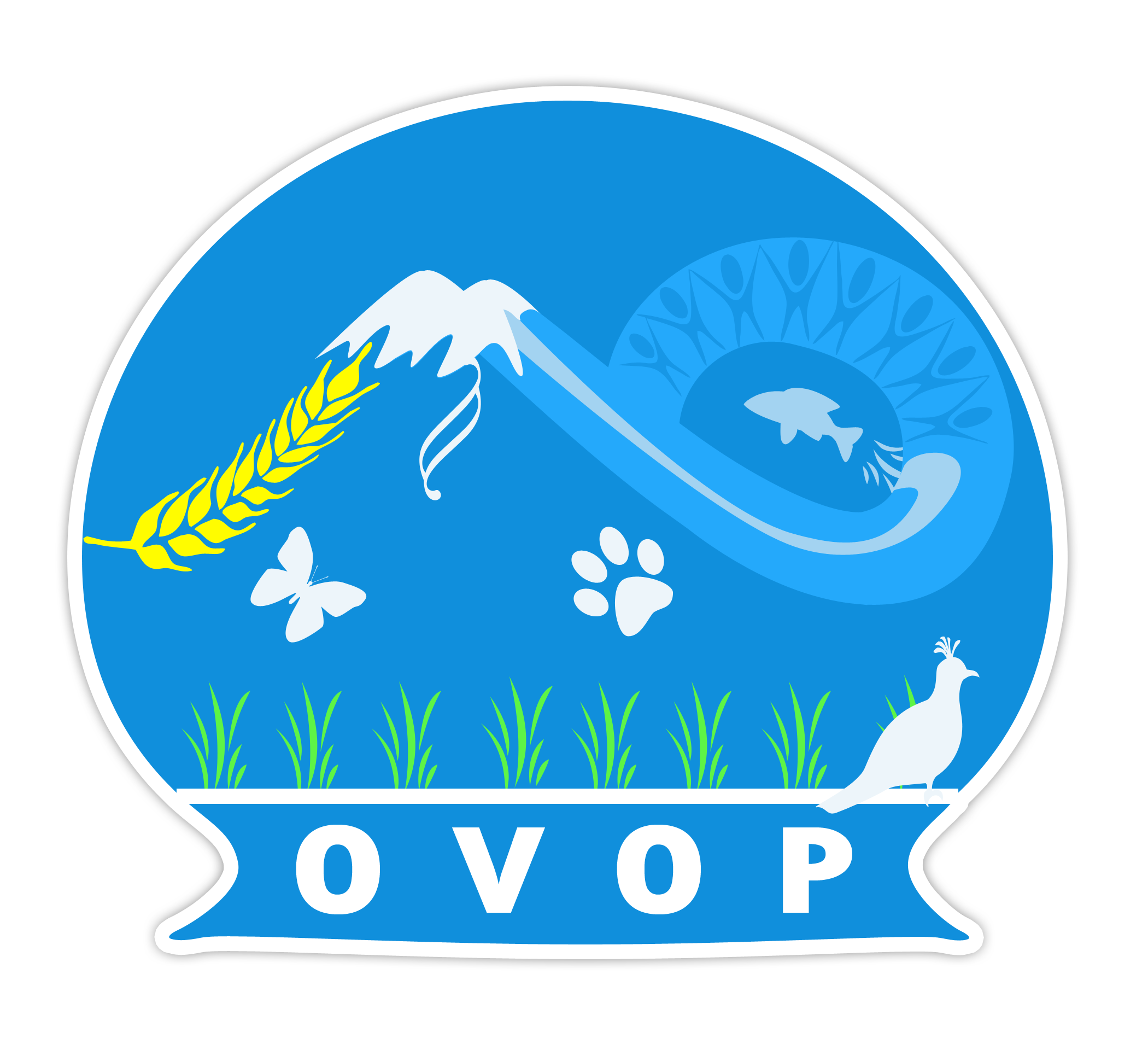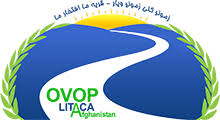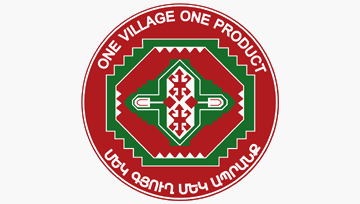The African coffee is brewed and celebrated all around the world due to its rich and unique flavors that cannot be found anywhere else. Rich soils, perfect coffee harvesting climate, and skilled farmers ensure that the majority of the African coffee beans are the best quality and are classified as specialty grade. The coffee growing and harvesting conditions in Africa are ideal. Volcanic mineral-rich soils, mountainous regions, high altitudes, and proximity to the equator are responsible for the original taste.
African coffees have vivid floral, fruity, and berry tasting notes. It is characterized by the typical bright acidity and winey flavor profile. It is a region where the fruitiest coffees can be found. Citrus, bergamot, berries, or jasmine are the common flavors. Ethiopia and Kenya are the African countries that have established a coffee legacy that is celebrated all around the world with superior varieties such as Kenya AA or Ethiopian Yirgacheffe. Other regions, such as Rwanda, Tanzania or Burundi..., also display unique flavors and get very high specialty coffee grading.
The coffee history in Ethiopia dates back to the very beginning in 850AD. This country is believed to be the birthplace of coffee. The famous legend tells a story of a goat herder Kaldi who discovered the magic bean thanks to his caffeinated goats. The coffee production in Ethiopia is massive. In 2016, the country produced 384 000 metric tonnes of coffee beans, it involves 15 million people in coffee production and is the 5th biggest coffee producing country in the world. Ethiopian beans are the most popular beans worldwide accounting for 3% of the world’s coffee supply. The most iconic region that everyone recognizes is the Ethiopian Yirgacheffe coffee variety. It is one of the best Arabica coffee varieties out there. The other ones include Sidamo, Harrar, or Kaffa. The Ethiopian ‘Heirloom‘ is used to describe indigenous heirloom varieties resulting from cross-breeding between species. The Ethiopian coffee beans that go through the washed process are elegant, complex, and delicious. While the naturally processed beans are more unusual and wildly fruity. The common tasting notes are floral, herbal, and citrusy. It has a pleasant mild acidity and a medium body. But it can also taste winey, floral and tea-like, depending on the variety.
Kenyan coffee history is not as long as the Ethiopian one, but its reputation is just as big. It is globally considered as wildly unique and most coffee enthusiasts know exactly what to expect from a cup of Kenya. It is the 16th largest coffee producer in the world with 330 farms that are 15 hectares or bigger. It is mostly grown at foothills of Mount Kenya with the most favorable coffee climate. It is often grown by small farmers who emphasize quality. The processing and drying are carefully controlled. It grows at 4500-6500 feet altitude in volcanic soils. This African coffee has its own grading system. The highest grade ‘AA’ beans are large and contain the biggest amount of oils, providing the richest coffee experience. Kenya AA coffee is considered one of the best coffees in the world. The first thing that comes to mind when describing Kenyan coffee is its sharp fruity acidity that cannot be found anywhere else. This one is brighter than its Ethiopian cousin. This is paired with a rich fragrance, complex aroma as well as fruity, citrusy, and winey tasting notes.
Tanzanian Peaberry coffee is grown at Mount Kilimanjaro, which ensures that the region’s soil is favorable for the flavor of the beans. The peaberry coffee is known for having one, smaller, and rounder coffee bean instead of the usual two. The peaberry coffee from this region is bright and complex, with a medium body.
Rwanda is known for producing a bourbon variety of coffee. With less than 20-year coffee history, the fact that 80% of the country’s produce is classified as specialty grade is very impressive. Again, the coffee production conditions are ideal here, with a high elevation of 3000 feet producing dense beans. The high-temperature roasting is used to avoid an overly acidic profile and maintaining rich mouthfeel. The flavors are distinct, sweet, full-bodied, floral, with notes of red fruit. This African coffee focuses on bourbon variety grown in this mountainous terrain. While the civil war in the 1990s devastated the coffee industry in
Burundi, it managed to recover and it receives consistently high scores from specialty coffee graders. This African coffee has a clean taste, sweet berry, and fig flavors wrapped in juicy acidity. In the past, Uganda was mostly known for producing Robusta coffee beans. Now, however, it’s starting to make the name for itself with high-quality Arabica coffee as well. Some farms sit at a high 7500 feet altitude. The conditions are cooler and produce more complex coffees. This African coffee is rich, with cherry, nutty, and chocolate taste, together with a typical bright winey acidity.






